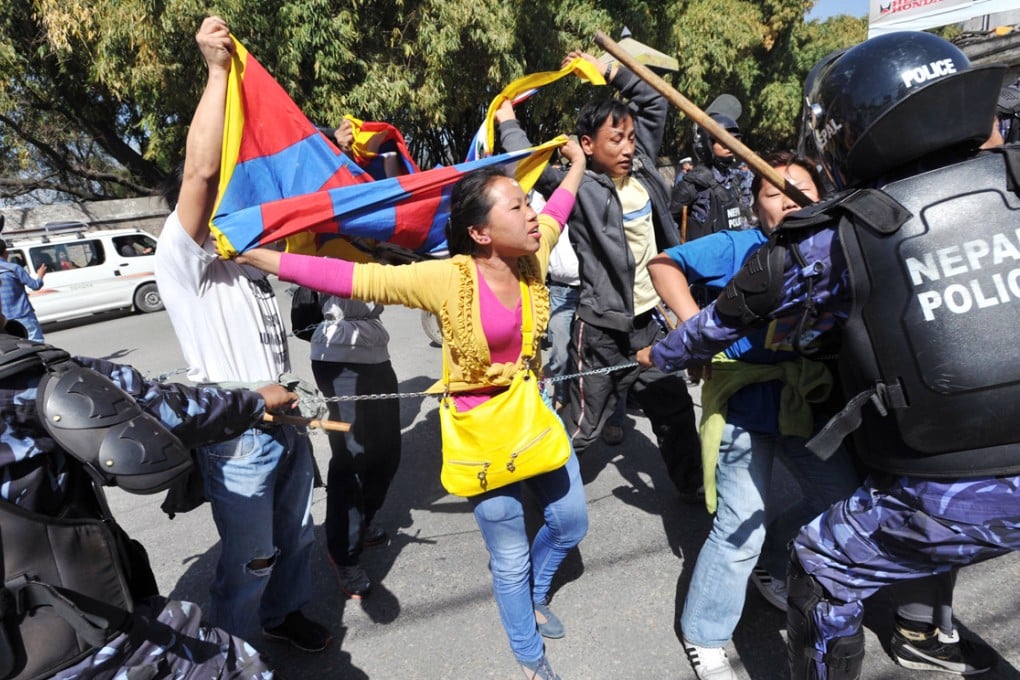Power play: China and India jostle for influence in Nepal
Nestled between India and China, Nepal is seen as strategically valuable to both giants, as they jostle for supremacy over the impoverished nation. Dinah Gardner reports.

It's July 6 and, on a rundown bridge in Kathmandu, half a dozen police officers have set up a roadblock. Examining the occupants of each car - including the one carrying this reporter - they turn back all those in which Tibetans are riding. Ten minutes up the road, at a Tibetan settlement in the Nepalese city's southern suburb of Jawalakhel, an event to mark the Dalai Lama's 79th birthday is taking place.
Events connected with the exiled spiritual leader, like most other public activities related to neighbouring Tibet, are restricted in Nepal on orders from Beijing, say human rights organisations.
To slip past the police some families have spent the night at the settlement; others set off before dawn or squeezed themselves onto public buses, which officers are not bothering to check. In the end, several thousand Tibetans pack the field to throw barley, sing, pray and have a picnic to mark the birthday. Dozens of armed police lazily patrol the entrance, but do not disturb the event itself. The roadblock seems to have been set up simply to limit the size of the party.
In April, a Human Rights Watch report, Under China's Shadow, accused Beijing of pressuring Nepal to spy on Tibetans residing in the landlocked nation, and prevent them from staging anti-China protests. The report said surveillance cameras had been installed around the Boudhanath stupa - the main Tibetan area in Kathmandu - in 2011.
Incorporated into the People's Republic of China in 1950, Tibet has been restive ever since, and the streets of its capital, Lhasa, and the main temples in the autonomous region are similarly covered by cameras, erected by the Chinese authorities.

